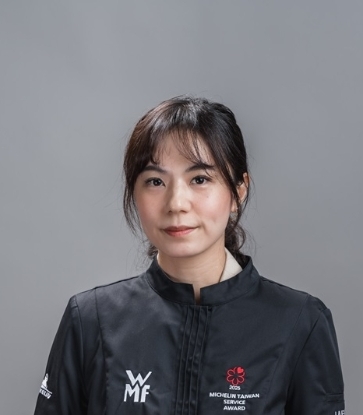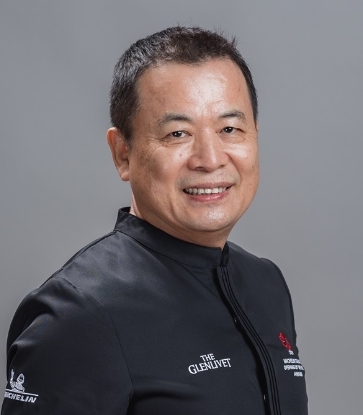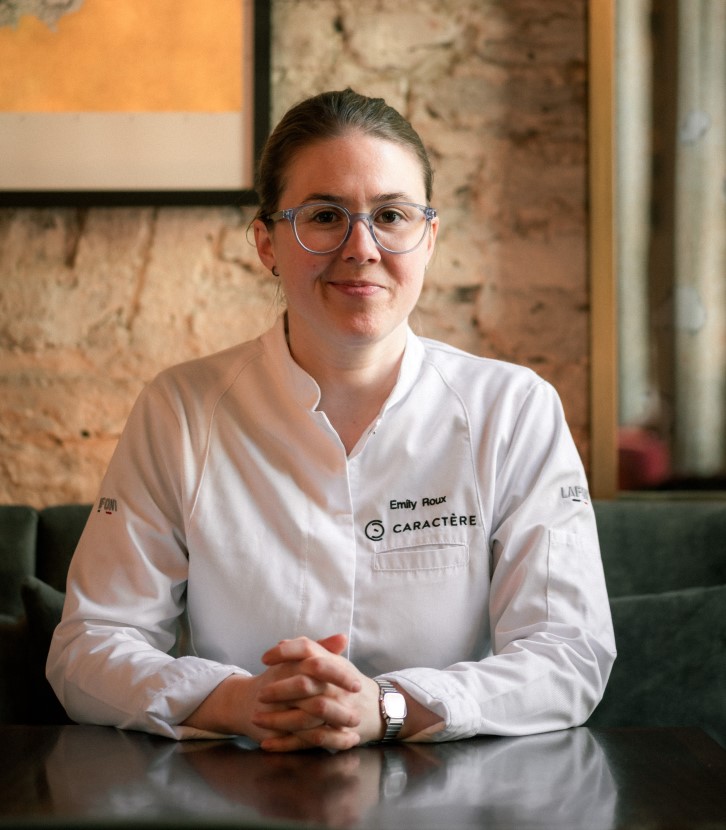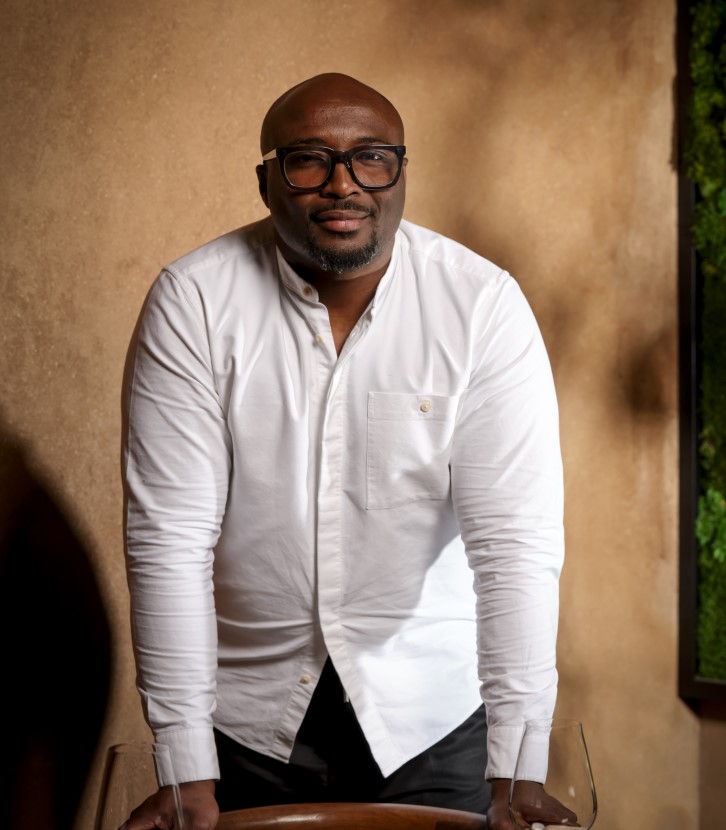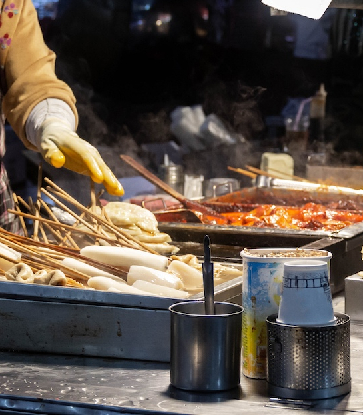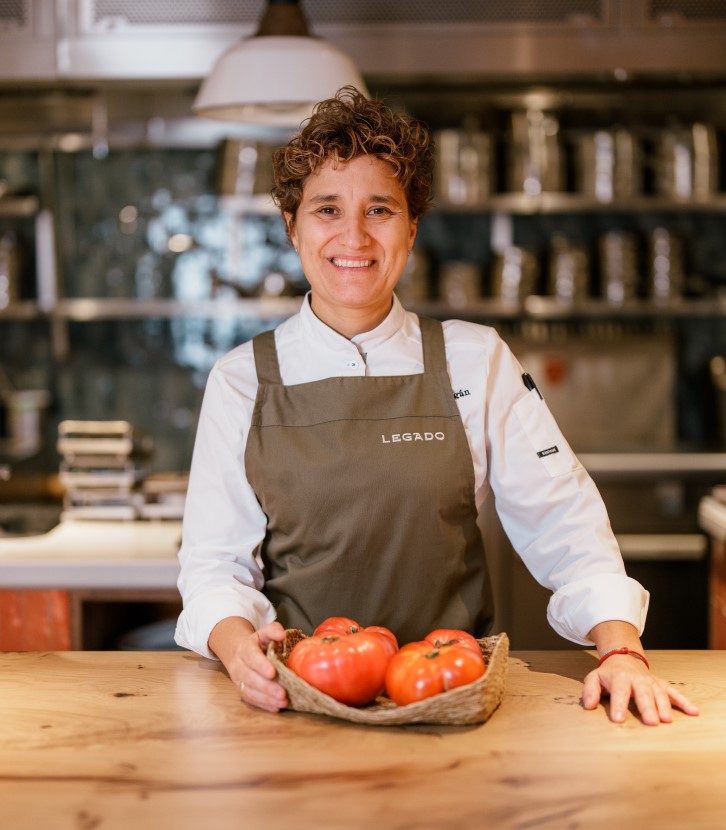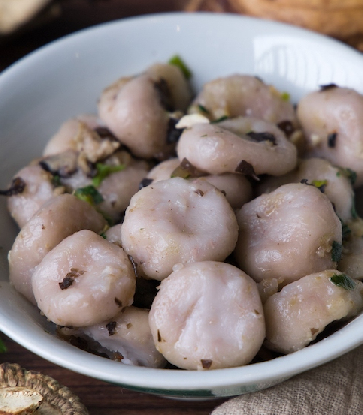Inheritance is a very important traditional philosophy for the Taiwanese. In a family, heritage is passed down from father to son and from generation to generation. The same applies in the preservation of cuisine. For Yang Kuang Tsung, who has been a chef at Tien Hsiang Lo for more than two decades, the preservation of the traditional flavours of Hangzhou cuisine is a mission he shoulders with pride.
In his time at the restaurant, Chef Yang has not only been cooking the same time-honoured recipes, he also researches historical accounts to recreate the traditional flavours of the cuisine. "From these historical documents, it seems that Longjing shrimps have a springier texture, which is not the same as the firmer ones we get nowadays. So I am adjusting my techniques so that the taste can be as close to the original as possible," he explains.

The philosophy of Hangzhou cuisine lightness: light in oil, light in sauces and light in taste, and letting the natural flavours of the produce shine through. This is a cuisine that is rich in history and culture. It's beauty is not in the use of expensive, luxurious ingredients, but gleaned from slow, quiet appreciation. It is an ethos that echoes chef Yang's introverted and steady personality.
He makes very deliberate choices in his cooking. Take for example his signature dish of fish balls and duck soup: this is a laborious dish to prepare, but he feels that it is a deeply memorable dish that carries great cultural significance. It is also a dish that is highly nutritious, suitable for young and old. To add to that, making this dish is a way to keeping his kitchen team on their toes, maintaining the standards of the restaurant.

His hard work paid off at the recent launch of the MICHELIN Guide Taipei 2018, when Tien Hsiang Lo received a Michelin star. We have a chat with the chef and share in his joy.

I first heard of Michelin when I entered the industry 20 years ago. Back then, we weren't all connected on the internet and so we only heard news like that from our guests who were traveling for business in Europe and America. At that time it felt like something very remote.
What was running through your mind when you first heard Tien Hsiang Lo won the star?
I felt very calm and very assured. All I was thinking was about maintaining our sincere attitude and the standards at the restaurant, as well as using this opportunity to give our team more learning experiences.
How will you celebrate?
We won't be celebrating for the next three months at least. After we got the star, we received so many reservations, and about 80 per cent of these are new guests, most of whom aren't acquainted with modern Hangzhou cuisine. They are coming from all over Taiwan, from Singapore and Hong Kong as well, and I want to give them such a great dining experience that they will become regulars, so we will be putting our all into that.
How will the star change the direction of the restaurant?
The burden I carry now is heavier. If we didn't get the star, I'd feel the pressure for my team to perform, but with the star, I feel that pressure to perform well for the guests. In my line work, we always need to work harder to produce a quality product, to preserve the taste of our heritage for future generations.
Do you have any advice for young chefs aiming for Michelin stars?
For most chefs, getting a star is like receiving affirmation from the international restaurant community, it is an honour. But to progress steadily, you need to maintain a steady attitude and not lose heart easily if things don't go your way. If you were to lose your temper easily, that kind of anxiety is contagious to the team who will lose their direction and motivation.





